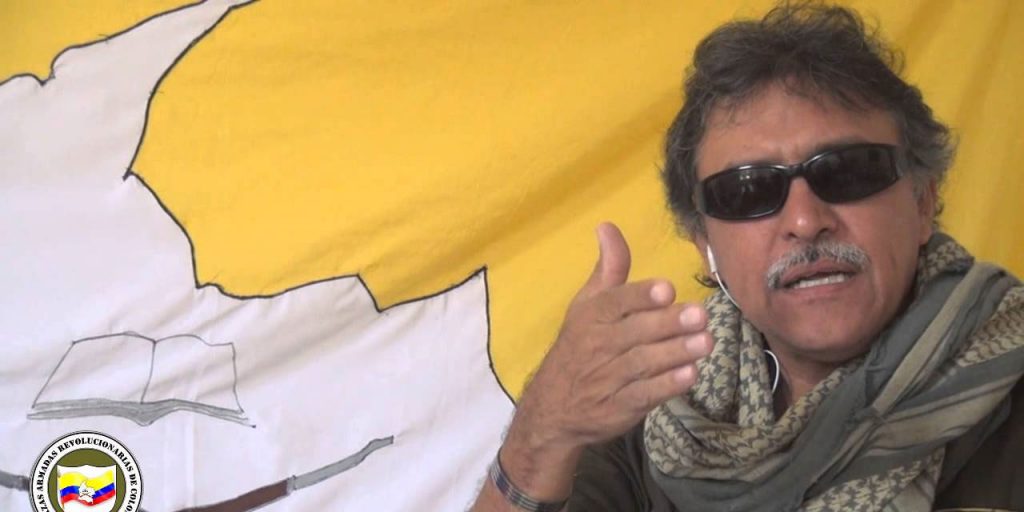The international community has been lobbying hard to prevent a collapse of Colombia’s peace process as violence in cities and conflict areas is on the rise.
Colombia’s prosecution arrest an ideologue of demobilized FARC guerrillas, “Jesus Santrich,” in April on a US charge that the former rebel leader was involved in a drug deal after his disarmament.
Santrich subsequently went on a hunger strike while the former guerrillas’ political chief, “Ivan Marquez,” threatened to refuse to take seat in the Senate in July after US media reported that he also was investigated.
Both denied having made any drug deals and claimed the US authorities are trying to “frame” them.
International organisations such as Human Rights Watch (HRW) on Monday said President Juan Manuel Santos should “think twice” about extraditing the guerrilla leader, citing possible adverse effects on the ongoing peace process.
“Extraditing the FARC commanders now will at least delay investigations, prosecutions, and sentencing for their war crimes in Colombia, and could deprive victims of justice altogether,” said Jose Miguel Vivanco, Americas director of HRW.
“A US trial on drug charges is no substitute for accountability in Colombia for grave crimes, and the authorities should carefully consider whether extradition risks sacrificing one for the other,” said Vivanco.
Former Uruguay President Pepe Mujica, who heads an international verification mission, joined the growing calls to reject an extradition request, while inviting Santrich to end his hunger strike.
“Not everything is won, but all is not lost. The struggle for peace is alive and continues to be fought. In fact it is for a new Colombia and therefore crosses many interests. I ask you for faith in life and in those who fight for all those who have been left behind,” the ex-President wrote to Santrich in a letter.
The two international observers joined former government negotiator Humberto de la Calle who had warned Colombia could see a return of violence if the peace process collapses.
Extradition in Colombia has remained a polarizing question for decades. When the Alvaro Uribe-led government rounded up high-ranking officials of the AGC paramilitary group after a budding peace deal in 2006, mid-level commanders of the former umbrella organisation rearmed.
The groups they formed have been the country’s primary human rights violators for years.
“We are going to war with our eyes closed,” the presidential candidate warned. “Colombians need to know, evaluate and judge in depth the accusations and if they are guilty they must provide truth and be punished here.”
Leftist Senator Ivan Cepeda and Conservative Party mogul Alvaro Leyva wrote to Santrich that in spite of “distrust” and “fears,” the FARC leader should “fulfil” his duty and renew his commitment to the peace process.
Other conservatives, like presidential candidates German Vargas and Ivan Duque, reject any resistance to the US.
They believe if Santrich and other FARC members have committed crimes after the peace deal was struck in 2016, they should by extradited as agreed in the peace deal.
“The rules of the game are very clear, those who commit crimes after December 31, 2016, will lose the benefits they received, even the one of non-extradition,” said Vargas.
Duque, for his part, thanked US authorities for assisting in the capture of Santrich who is accused of planning to smuggle 10 tons of cocaine into the North American country.
Santos has said that he “wouldn’t tremble” to extradite FARC leaders who violate the agreement.
Santrich is in a Bogota hospital, continuing a month-long hunger strike since his incarceration. He is said to be in a “worrying” state of health.
The US extradition request for the FARC leader is currently being examined by the transitional justice court, which has the authority to either maintain or lift the benefits obtained from the peace deal.


